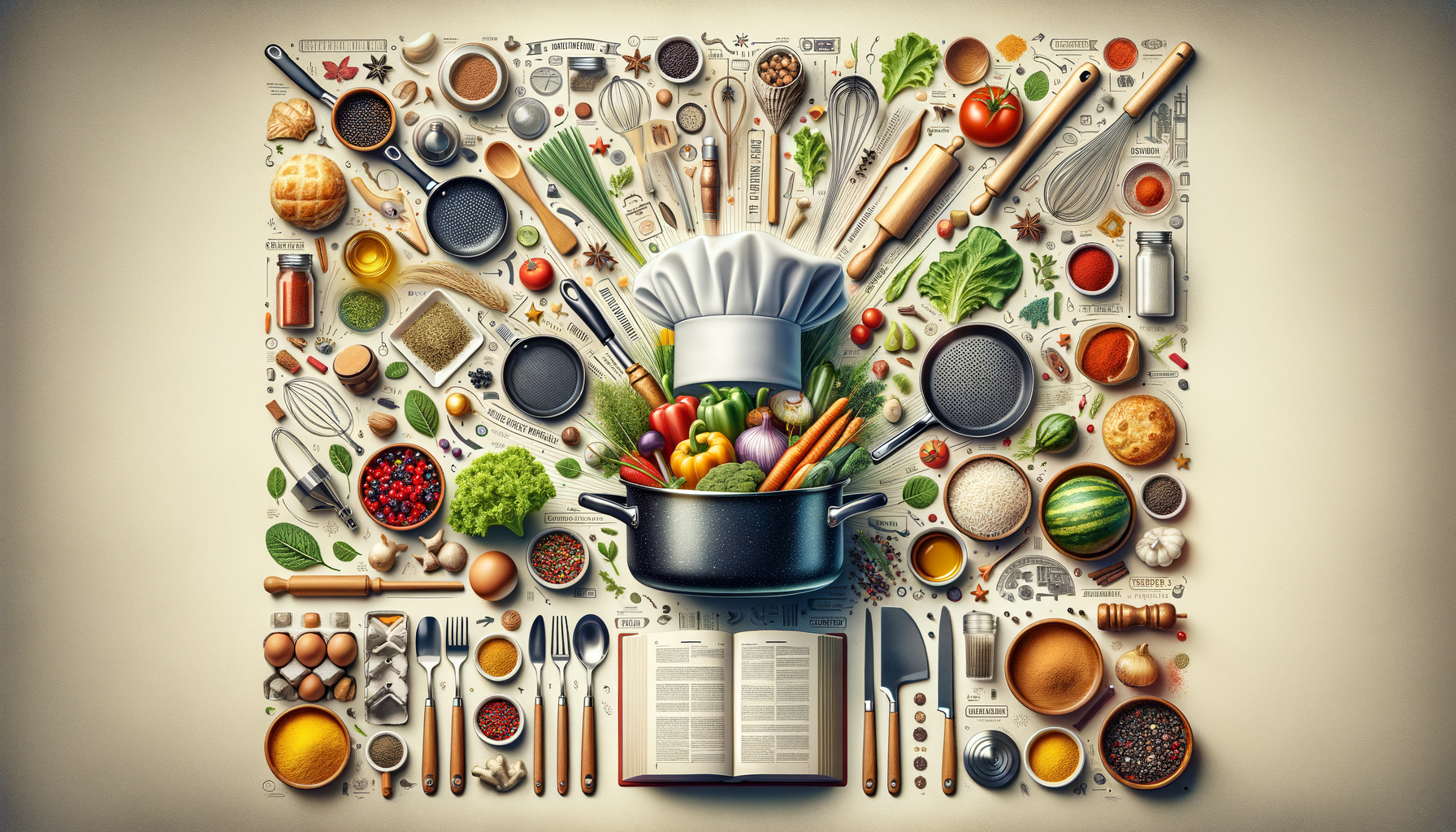
Why Culinary Students Master These 5 Habits First
Introduction to Essential Culinary Habits
For culinary students, mastering certain habits early on is crucial for building a strong foundation in the kitchen. These practices not only streamline the cooking process but also enhance the quality of the dishes prepared. As students embark on their culinary journey, focusing on these core habits can make a significant difference in their professional development and success.
Understanding Mise en Place
The concept of „mise en place,“ a French term meaning „everything in its place,“ is a fundamental habit that culinary students adopt early in their training. This practice involves organizing and arranging ingredients and tools before cooking begins. By doing so, students can work more efficiently and reduce the likelihood of mistakes. Mise en place is not just about physical organization; it also involves mental preparedness, allowing chefs to anticipate the steps of the cooking process.
Benefits of practicing mise en place include:
- Increased efficiency and speed in the kitchen.
- Reduction of stress and chaos during cooking.
- Improved accuracy in following recipes.
- Enhanced ability to multitask and manage time effectively.
By incorporating mise en place into their routine, culinary students can develop a disciplined approach that will serve them well in professional kitchens.
Knife Skills: A Cornerstone of Culinary Arts
Knife skills are among the most critical techniques that culinary students must master. Proper knife handling ensures safety and precision, both of which are essential in a professional kitchen. Students learn various cuts, such as julienne, chiffonade, and brunoise, each serving a specific purpose in culinary preparation.
Key aspects of mastering knife skills include:
- Understanding the anatomy of a knife and its uses.
- Practicing different cutting techniques for various ingredients.
- Maintaining sharpness and proper care of knives.
- Ensuring safety through correct handling and posture.
With proficiency in knife skills, culinary students can enhance their efficiency and produce consistently high-quality results, a crucial aspect of culinary excellence.
Temperature Control and Its Impact on Cooking
Temperature control is a pivotal element in cooking that directly affects the outcome of a dish. Culinary students learn to manage heat effectively, whether they are simmering, sautéing, or baking. Understanding the nuances of temperature control allows chefs to achieve desired textures and flavors, ensuring that food is cooked to perfection.
Important considerations for temperature control include:
- Recognizing the different heat levels and their culinary applications.
- Using thermometers to ensure accuracy in cooking temperatures.
- Adjusting heat levels based on the cooking method and ingredient requirements.
- Avoiding common pitfalls such as overheating or undercooking.
Mastering temperature control empowers culinary students to create dishes that are both safe and delicious, showcasing their growing expertise in the culinary arts.
The Art of Seasoning
Seasoning is an art that transforms simple ingredients into flavorful dishes. Culinary students are taught to appreciate the balance of flavors, learning how to use salt, herbs, and spices effectively. Proper seasoning enhances the natural taste of ingredients and adds depth to dishes, making it a critical aspect of culinary training.
Elements of effective seasoning include:
- Understanding the role of salt in enhancing flavors.
- Experimenting with herbs and spices to create complex profiles.
- Balancing acidity, sweetness, and bitterness to achieve harmony.
- Tasting and adjusting seasoning throughout the cooking process.
By mastering the art of seasoning, culinary students can elevate their cooking, creating memorable dining experiences that reflect their skill and creativity.
Conclusion: Building a Strong Culinary Foundation
Mastering these five habits provides culinary students with a solid foundation upon which to build their skills. By focusing on organization, precision, control, and creativity, students can develop into proficient chefs ready to tackle the challenges of a professional kitchen. These habits not only enhance their culinary capabilities but also instill a sense of discipline and confidence, essential qualities for any successful chef.